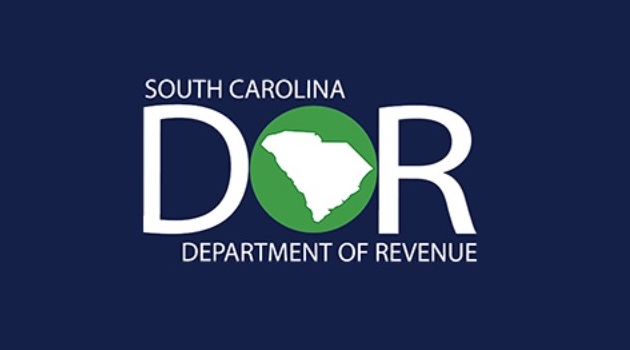Taxes can seem confusing and complicated, leaving room for misconceptions and myths to pop up – especially during tax season. The South Carolina Department of Revenue (SCDOR) wants you to know truth from myth when it comes to taxes. Listed below are some of the most common South Carolina tax myths and the facts that bust them.
Myth #1: I don’t have to file an Income Tax return.
• The Facts: If you are a South Carolina resident, you are generally required to file a South Carolina Income Tax return if you are required to file a federal return. If you are a nonresident or part-year resident, you are generally required to file a South Carolina return if you work in South Carolina or are receiving income from rental property, businesses, or other investments in South Carolina.
Myth #2: I didn’t receive a 1099 or W-2, so I do not have to file a return.
• The Facts: You must report your income if you earn $400 or more, even if you are paid in cash, goods, or virtual currency. This includes tips. In addition to Income Taxes, you may also have to pay Federal Insurance Contribution Act or Self-employment Contribution Act tax and additional Medicare taxes.
Myth #3: Pets can be claimed as dependents.
• The Facts: Only qualifying children or qualifying relatives can be claimed as dependents, not pets. The IRS provides definitions of qualifying children and relatives. A qualifying child must be younger than you and either younger than 19 or a student younger than 24, unless they are permanently and totally disabled. Qualifying relatives must receive more than half of their support during the year from you. The number of dependents claimed on your South Carolina form must match the number on your federal return.
Myth #4: If my spouse doesn’t work, I can claim them as a dependent.
• The Facts: If you are married, you should file married filing jointly with your spouse or married filing separately. You cannot claim your spouse as a dependent for federal tax credits or the South Carolina dependent exemption.
Myth #5: You can always choose your marital filing status.
• The Facts: The IRS offers five choices: Single, Married Filing Jointly, Married Filing Separately, Head of Household, and Qualifying Widow(er) with Dependent Child. Single applies to not married folks as well as to those divorced or legally separated. If you are married on December 31, you are considered married for the year by the IRS. If, however, you qualify under more than one status (Married Filing Jointly or Filing Separately), choose the one under which you pay the least tax.
Myth #6: Tax payments are not due until the extension deadline if an extension is filed.
• The Facts: For those filing Individual Income Tax returns, payment is due when the returns are due, usually April 15, but the due date is May 17 this year. Filing for an extension only delays the filing date, not the payment date. If you wait until the extension deadline, you may receive penalties and interest.
Myth #7: If you can’t afford to pay your taxes, you shouldn’t even file.
• The Facts: Tax payments are due at the same time as the return. If you do not file your return by the due date, you will receive a penalty for failure to file, in addition to interest and the penalty for failure to pay. You can reduce your penalties by filing the return, even if it shows a balance due.
Myth #8: My accountant is responsible for any mistakes made on my return.
• The Facts: Even if you have an accountant prepare your return, you are still liable for any errors or mistakes. Always be sure to double check your return before signing and submitting it.
Myth #9: I don’t have to pay tax on retirement income.
• The Facts: Most retirement distributions are taxable income on both federal and South Carolina returns. South Carolina residents must include all retirement distributions received, even if they were not residents when the contributions were originally made to the retirement plan. South Carolina does have deductions for qualifying retirement income and for taxpayers age 65 and older. Visit the SCDOR’s website to learn more about taxes and retirement income.
Myth #10: If I don’t work in South Carolina, I don’t have to pay South Carolina Income Tax.
• The Facts: South Carolina residents should include all wage income as South Carolina taxable income, even if it is earned in another state. You can take a credit for the taxes paid to another state on income taxed by both South Carolina and another state.
For more information to separate fact from myth, visit the SCDOR at dor.sc.gov/iit.



